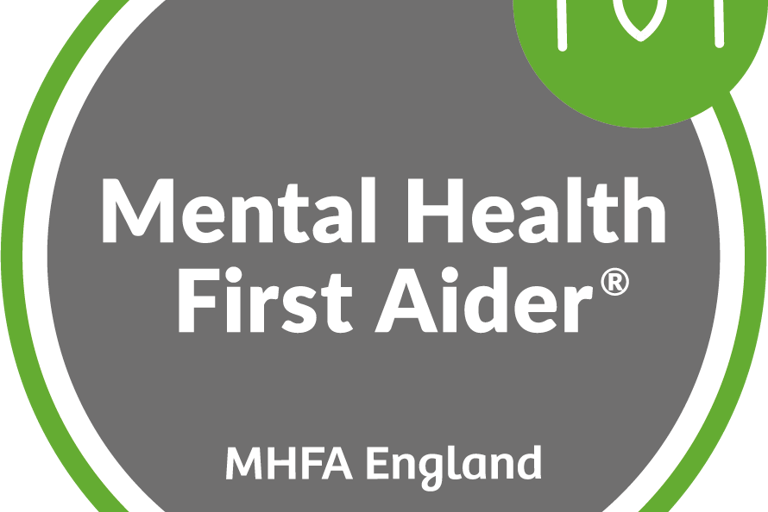The Hidden Powers of Worry: How It Shapes Your Reality
7/16/20241 min read


Understanding the Nature of Worry
Worry is an extension of fear, often creeping into our thoughts and influencing our perceptions. While fear is a direct response to a specific threat, worry tends to be a more generalised state of anxiety about potential future events. This makes worry particularly insidious as it can persist even in the absence of immediate danger.
How Worry Attracts Unwanted Outcomes
One of the most profound effects of worry is its ability to draw negative experiences into our lives. The more we focus on what we fear might happen, the more likely we are to encounter these very situations. It's a bit like a self-fulfilling prophecy. By constantly dwelling on what could go wrong, we inadvertently set ourselves up for those exact circumstances.
Breaking the Cycle of Worry
Breaking free from the grip of worry starts with awareness. Recognizing when and why we're worrying allows us to take proactive steps to address it. Techniques such as mindfulness, meditation, and cognitive-behavioral strategies can be incredibly effective in diminishing the power of worry. By retraining our minds to focus on positive outcomes and solutions rather than potential problems, we can shift our energy towards more constructive pursuits.
The Positive Ripple Effect
When we reduce worry, we not only improve our mental and emotional well-being but also create a more positive environment for those around us. Our thoughts and attitudes can influence the people we interact with, spreading calm and confidence. By managing our own worries, we become a source of stability and positivity in our communities.






